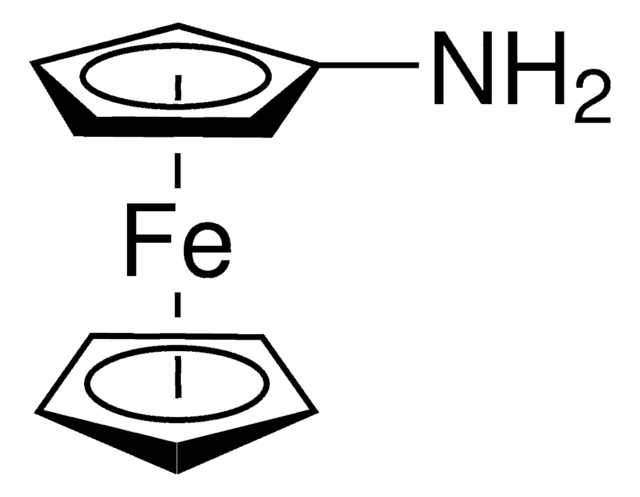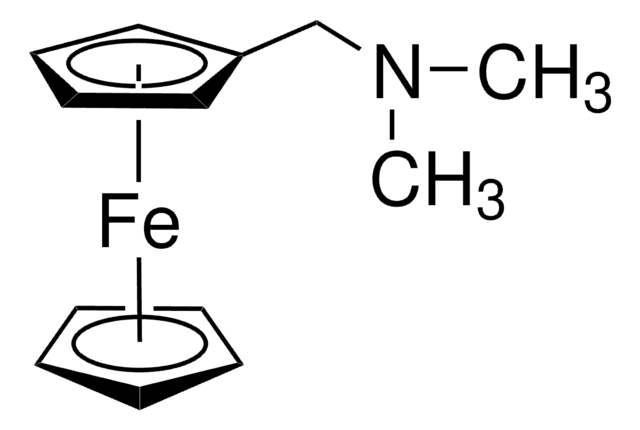482358
Ferrocenium tetrafluoroborate
technical grade
Sinónimos:
Bis(cyclopentadienyl)iron tetrafluoroborate, Dicyclopentadienyliron fluoborate, Dicyclopentadienyliron tetrafluoroborate
About This Item
Productos recomendados
grado
technical grade
idoneidad de la reacción
core: iron
reagent type: catalyst
mp
178 °C (dec.) (lit.)
cadena SMILES
[Fe+].F[B-](F)(F)F.[CH]1[CH][CH][CH][CH]1.[CH]2[CH][CH][CH][CH]2
InChI
1S/2C5H5.BF4.Fe/c2*1-2-4-5-3-1;2-1(3,4)5;/h2*1-5H;;/q;;-1;+1
Clave InChI
ZSPXIHLQPWVOQR-UHFFFAOYSA-N
¿Está buscando productos similares? Visita Guía de comparación de productos
Categorías relacionadas
Descripción general
Aplicación
- an oxidizing agent in the synthesis of the monocationic Co(II)complex [CpCo(azpy)]+
- a Lewis acid catalyst in epoxide ring opening and to activatethe carbonyl group for addition or cycloadditions reactions
- an oxidizing agent when used in conjuntion with a Cl-source
- a reversible redox reagent between stannole dianion and bistannole-1,2-dianion
Palabra de señalización
Danger
Frases de peligro
Consejos de prudencia
Clasificaciones de peligro
Eye Dam. 1 - Skin Corr. 1B
Código de clase de almacenamiento
8A - Combustible corrosive hazardous materials
Clase de riesgo para el agua (WGK)
WGK 3
Punto de inflamabilidad (°F)
Not applicable
Punto de inflamabilidad (°C)
Not applicable
Equipo de protección personal
Eyeshields, Faceshields, Gloves, type P3 (EN 143) respirator cartridges
Elija entre una de las versiones más recientes:
¿Ya tiene este producto?
Encuentre la documentación para los productos que ha comprado recientemente en la Biblioteca de documentos.
Los clientes también vieron
Nuestro equipo de científicos tiene experiencia en todas las áreas de investigación: Ciencias de la vida, Ciencia de los materiales, Síntesis química, Cromatografía, Analítica y muchas otras.
Póngase en contacto con el Servicio técnico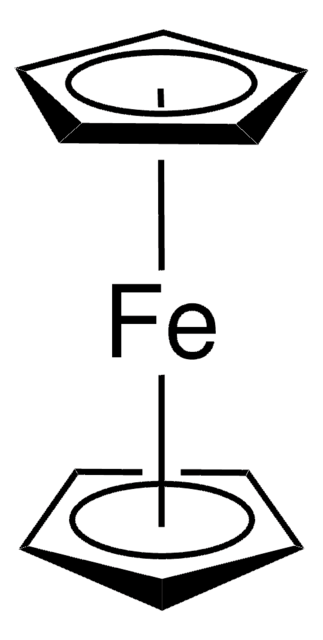
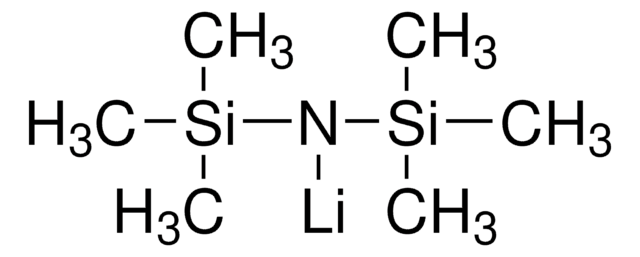
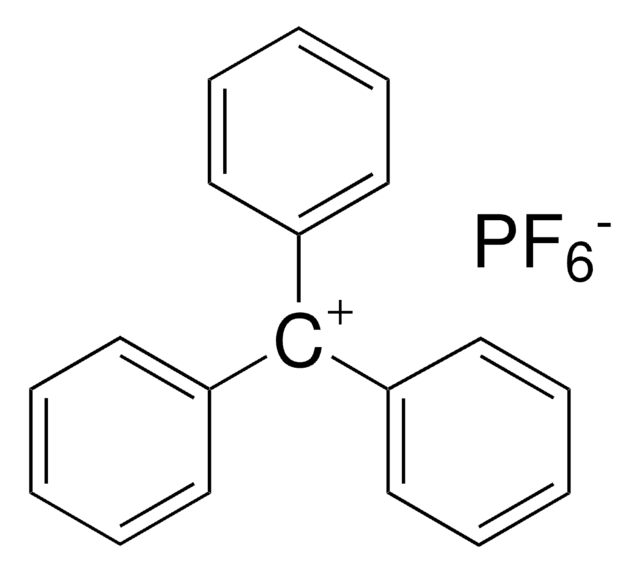
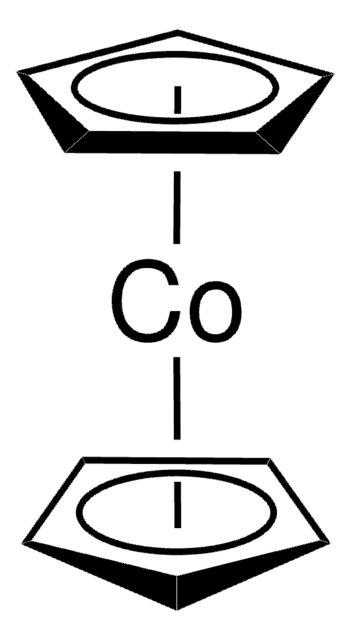
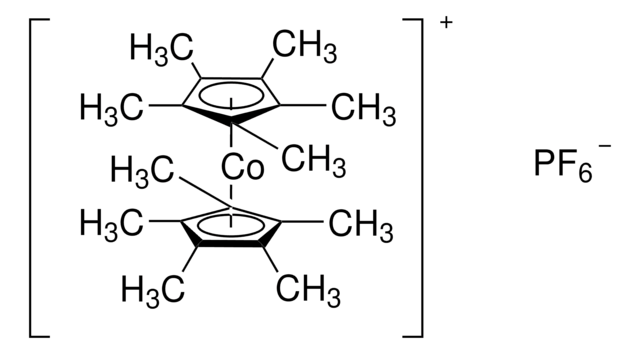
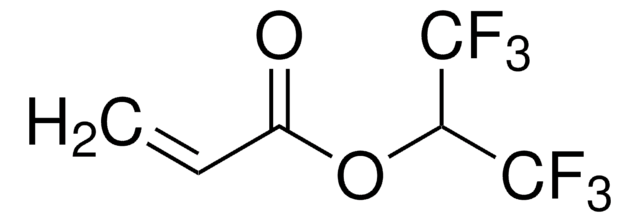


![Sodium tetrakis[3,5-bis(trifluoromethyl)phenyl]borate](/deepweb/assets/sigmaaldrich/product/structures/251/439/7a621e74-bfd1-4a43-833c-09adfcc1e0b3/640/7a621e74-bfd1-4a43-833c-09adfcc1e0b3.png)



